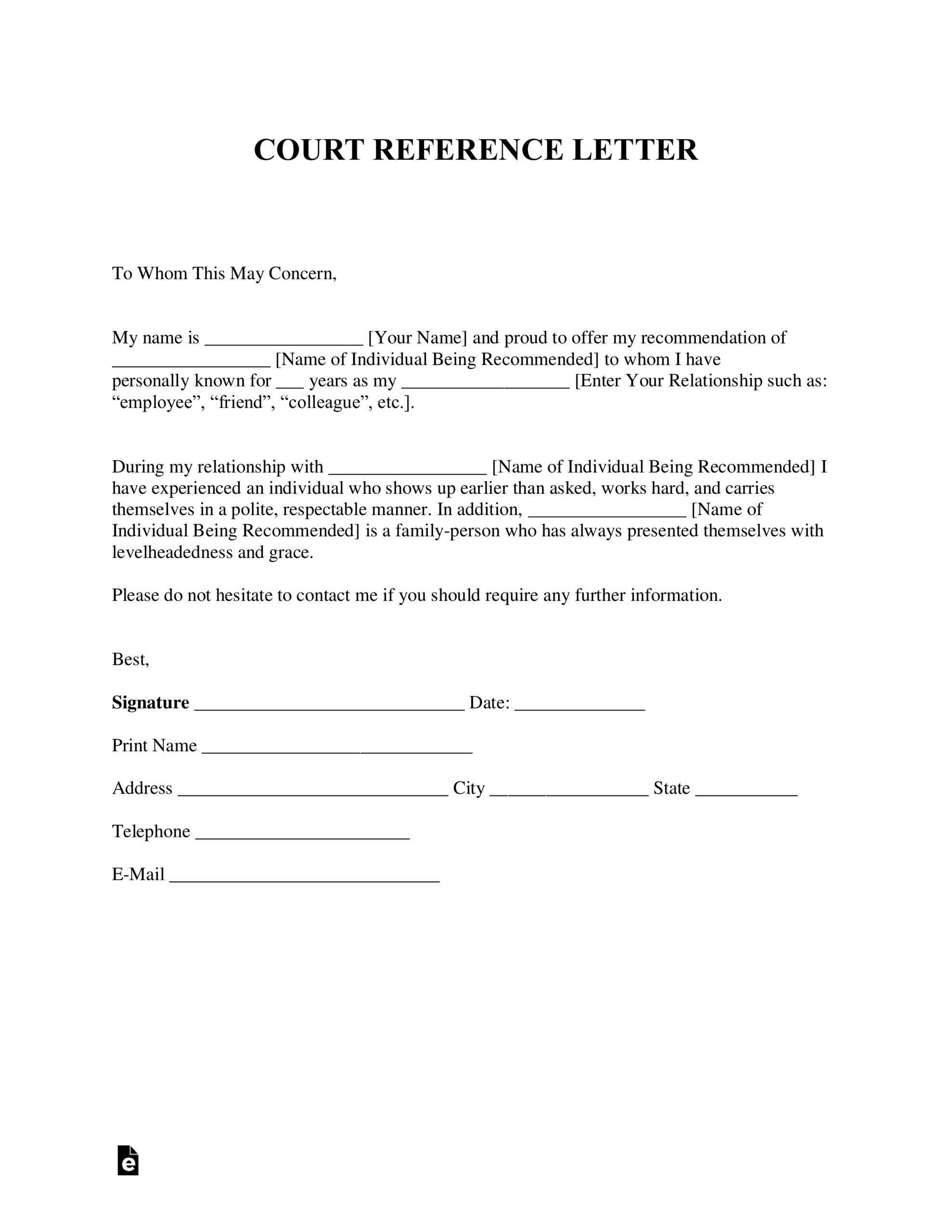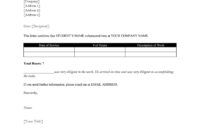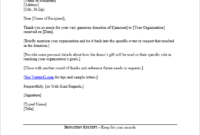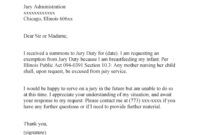Navigating the legal system can be a daunting experience, and sometimes, a personal touch can make all the difference. When someone you know is facing a court appearance, whether it’s for sentencing, a custody dispute, or another legal matter, their character can become a crucial factor in the proceedings. This is where a character witness letter comes into play – it’s your opportunity to provide a firsthand account of their good qualities and positive contributions, offering the court a human perspective beyond the bare facts of a case.
Crafting such a letter might seem intimidating, but it doesn’t have to be. The goal is to present a clear, honest, and impactful statement that genuinely reflects on the individual’s character. Often, people wonder what information to include, how to structure it, and what tone to strike. This article will walk you through the essential components and provide guidance on how to write a compelling letter, making the process much easier to manage.
Understanding the Purpose and Impact of a Character Witness Letter
A character witness letter serves a powerful purpose in court. It provides the judge or jury with insights into an individual’s personality, integrity, and reputation, which might not be evident from legal documents alone. Think of it as painting a more complete picture of who the person truly is, highlighting their positive attributes and contributions to their community, family, or workplace. This perspective can significantly influence decisions, especially in cases where a person’s future depends on the court understanding their true nature.
These letters are frequently used in various legal contexts. For instance, in sentencing hearings, a positive character letter can sway a judge towards a more lenient sentence, demonstrating that the individual is remorseful, has a strong support system, and possesses rehabilitative potential. In family court cases, such as child custody battles, these letters can attest to a parent’s nurturing qualities, responsibility, and commitment to their children’s well-being. They can also be vital in immigration cases, bail hearings, or even professional disciplinary actions, offering a testament to someone’s good moral character.
The effectiveness of a character witness letter lies in its sincerity and specificity. It’s not enough to simply state that someone is a “good person.” Instead, you need to provide concrete examples, anecdotes, and observations that illustrate their positive traits. Judges are looking for credible evidence that supports your claims, so your personal experience and relationship with the individual are key to making your letter impactful and believable. Remember, your honesty and credibility as the writer are just as important as the content itself.

Key Elements Your Letter Must Include
- Your complete contact information (name, address, phone, email) and the current date.
- The recipient’s full name, title, and address (e.g., The Honorable Judge [Last Name], Court Name, Court Address).
- A clear statement of your relationship with the individual you are writing about (e.g., “I have known [Defendant’s Name] for X years as a friend/colleague/family member”).
- Specific examples or anecdotes that demonstrate the individual’s good character, trustworthiness, honesty, or other relevant positive traits.
- A statement of your belief in their good character and their potential for positive contribution.
- Your professional closing (e.g., “Sincerely,” “Respectfully yours,”).
- Your handwritten signature above your typed name.
Beyond these structured elements, it’s crucial to ensure your tone is respectful, formal, yet genuinely personal. Avoid overly emotional language, but don’t shy away from conveying your true feelings and positive regard for the person. The goal is to provide a balanced and convincing portrayal that resonates with the court, highlighting the individual’s inherent good qualities.
Crafting Your Letter: A Step-by-Step Guide with a Character Witness Letter Template for Court
When you sit down to write your character witness letter, think of it as telling a story about someone you care about, but in a formal, structured way. Even with a character witness letter template for court, personalization is absolutely vital. The court needs to hear *your* unique perspective and experiences with the individual. Start by using a standard business letter format, including your address, the date, and the court’s address, followed by a formal salutation to the judge or appropriate legal party.
The introductory paragraph should immediately state your name, your relationship to the person involved in the legal matter, and how long you’ve known them. Crucially, it should also clearly state the purpose of your letter – to vouch for their good character. For example, “My name is [Your Name], and I am writing this letter in support of [Defendant’s Name], whom I have known for [number] years as a [friend/colleague/family member]. I wish to attest to their excellent character and moral integrity.” This sets a professional and direct tone from the outset.
The body paragraphs are where you truly make your case. This is your opportunity to offer specific examples that illustrate the person’s positive qualities. Instead of saying, “They are kind,” describe an incident where they went out of their way to help someone in need, demonstrating their kindness through action. If you’re discussing their responsibility, recall a time they handled a difficult situation with integrity or showed exceptional dedication. Aim for two to three distinct examples that paint a consistent picture of their character. Remember to focus on aspects relevant to the court’s consideration, such as honesty, reliability, peacefulness, or community involvement.
As you near the end of your letter, summarize your main points and reiterate your positive assessment of the individual. You might express your belief that they deserve leniency, a second chance, or specific consideration based on their character. Conclude by offering to provide further information if required, reinforcing your commitment to their support. Always maintain a respectful and professional closing, such as “Sincerely” or “Respectfully yours,” followed by your typed name and your handwritten signature. A well-constructed letter, even one using a character witness letter template for court, will always stand out through its sincerity and specific examples, making a real impact on the proceedings.
Before submitting, always proofread your letter carefully for any grammatical errors or typos. A clean, professional letter reflects positively on your attention to detail and, by extension, on the credibility of your testimony. Keep the language clear, concise, and focused, avoiding jargon or overly complex sentences. The goal is to communicate your message effectively and respectfully, ensuring your positive assessment of the individual’s character is heard loud and clear by the court.
When you take the time to write a thoughtful and genuine letter, you’re not just putting words on paper; you’re offering a piece of yourself to support someone through a challenging period. Your insights can provide a much-needed human context to legal proceedings, reminding all involved that the person at the center of the case is a complex individual with a history of good deeds and positive attributes.
Ultimately, your contribution can be a powerful testament to an individual’s character, helping the court to make a more informed and compassionate decision. Approaching this task with sincerity and care ensures that your voice, and the positive attributes of the person you’re supporting, are heard clearly and respectfully in the legal system.



